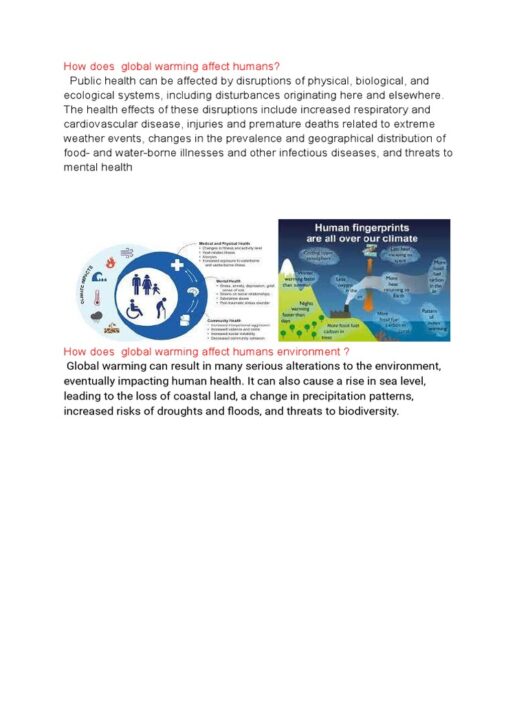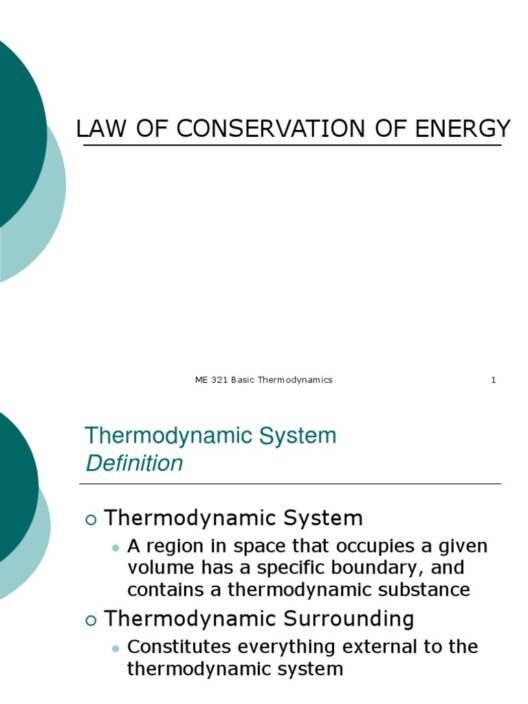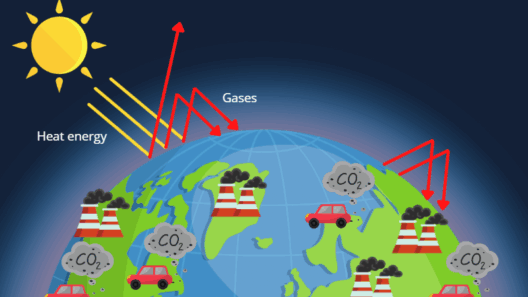In the discourse surrounding climate change, a profound yet often overlooked truth resurfaces: women and girls are uniquely positioned to spearhead transformative solutions to global warming. This observation invokes curiosity—why does empowering this demographic yield such substantial environmental benefits? As we delve into this topic, we unveil the myriad implications of gender empowerment in combating climate change and elucidate the interconnectedness of social equity and environmental sustainability.
The empowerment of women and girls is not merely a matter of social justice; it is a pivotal strategy in the battle against climate change. Numerous studies have demonstrated that women, particularly those in developing countries, are the primary stewards of natural resources. They tend to manage agriculture and local ecosystems, which culminates in their profound understanding of environmental stewardship. By recognizing their invaluable roles, we highlight that empowered women are not just beneficiaries of climate policies, but also instrumental agents in formulating and implementing them.
One of the most striking revelations emerges from examining the correlation between education and environmental outcomes. Data consistently show that when women receive education, particularly in developing regions, they are more likely to adopt sustainable practices. An educated woman is better equipped to understand climate science and technology, advocate for sustainable practices, and influence policy decisions. This is paramount; education equips women with the skills necessary to innovate and champion environmentally friendly practices. A focus on female education can thus catalyze a ripple effect, fostering communities that prioritize sustainability.
In addition to education, access to resources is crucial. Women must have equal access to financial resources, technology, and decision-making platforms to effectuate change. Microfinance programs aimed at women are gaining traction. They furnish small loans that enable women to initiate sustainable businesses or agricultural practices that decrease ecological footprints. Economic empowerment can facilitate an ecological transformation, wherein women invest in sustainable development initiatives. Such initiatives often include eco-friendly farming techniques, energy-efficient cooking practices, and water conservation methods—all of which combat the adverse effects of climate change.
The role of women in leadership cannot be overstated. Female leaders often prioritize environmental agendas and enact policies that promote sustainability. Countries led by women have been shown to enact more rigorous climate policies and achieve better environmental outcomes. This observation hints at a fascinating intersection of gender and governance—when women lead, the framework for addressing climate change shifts toward a more inclusive and sustainability-oriented path. Their unique perspectives and lived experiences foster holistic approaches to problem-solving, enabling more comprehensive responses to climate-related challenges.
Moreover, women and girls are not merely passive recipients of climate initiatives; they are articulate advocates for change. They are increasingly participating in global climate movements, voicing their concerns, and mobilizing communities to take action. Grassroots movements led by women have proven vigorously effective, as they resonate deeply within local communities. These leaders realize that climate change does not affect everyone equally; it disproportionately impacts women and marginalized groups, thus informing their advocacy. Their active engagement promotes a nuanced understanding of climate justice, where the fight against climate change is indelibly tied to the fight for gender equality.
As various cultural narratives emphasize the role of women in nurturing and caretaking, a compelling argument arises: empowering women is akin to nurturing the environment. Women are often the first responders to environmental degradation, and their inherent connection to nature can galvanize communities to adopt more sustainable practices. By harnessing this relationship, initiatives that focus on women’s indigenous knowledge and traditional ecological practices can flourish. These practices, grounded in centuries of understanding the land and ecosystems, offer invaluable insights into sustainable living.
Addressing food security ties neatly into this narrative. As climate change threatens crop yields and biodiversity, the role of women in agriculture is indispensable. Women cultivate a substantial portion of the world’s food—their empowerment is critical to resilient food systems. By promoting sustainable agricultural techniques and equitable access to land, women can mitigate the effects of climate change on food supplies. This not only benefits their families but also contributes to overall community resilience against climate-related threats.
Furthermore, a collective commitment to gender equality and environmental sustainability is increasingly recognized as fruitful by international bodies. Frameworks like the United Nations’ Sustainable Development Goals explicitly tie gender equality to climate action, underscoring the interdependence of these critical areas. When countries prioritize investment in women’s education, health, and rights, they inherently advance climate objectives. This deliberation advocates a paradigm shift where climate strategies are no longer isolated from social equity but are seen as interconnected issues requiring synergistic solutions.
Challenging societal norms and dismantling systemic barriers are fundamental steps toward empowering women and girls in climate activism. Efforts are increasingly focused on amplifying female voices in spaces where decisions about climate policy are made. Ensuring representation in climate negotiations can lead to more comprehensive strategies that address the needs of diverse populations. The need for intersectionality in climate action cannot be overemphasized—the unique challenges faced by different groups must shape sustainable policies and initiatives.
In conclusion, empowering women and girls is not merely a beneficial adjunct to efforts against global warming; it is a crucial component of effective climate action. The interconnectedness of gender equality and environmental sustainability is undeniable. By prioritizing women’s empowerment, society reaps the dual benefits of social equity and a more sustainable future. As we foster spaces for women and girls to lead, innovate, and collaborate, we embark on a transformative journey towards combating one of the most pressing challenges of our time: global warming. She indeed powers change—her empowerment is an indispensable catalyst for a more resilient, equitable, and sustainable planet.








